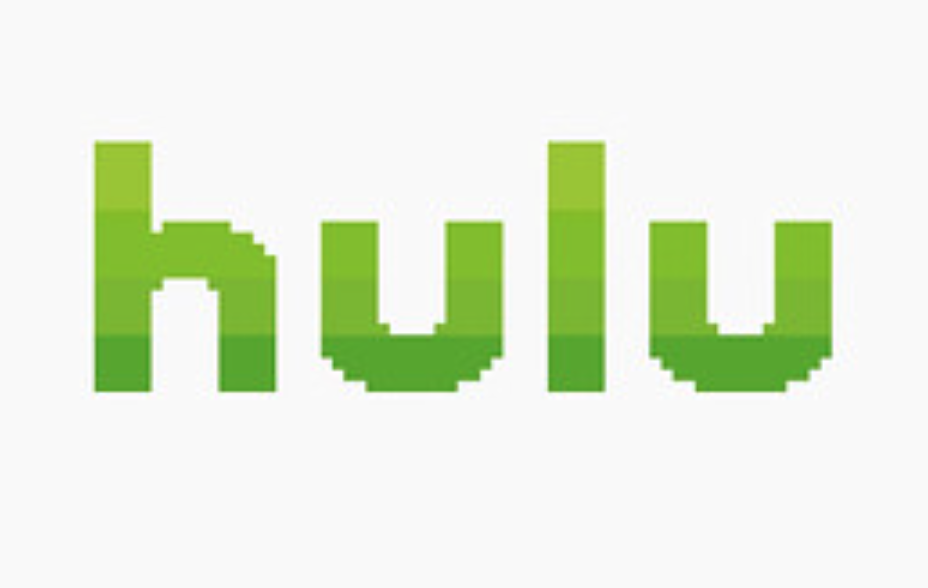Leaked content has become an undeniable aspect of the digital age, with "Gypsy Rose leaks" sparking significant interest and discussion across online platforms. These leaks have not only captured the public's attention but also raised important questions about privacy, digital security, and the ethical implications of sharing personal content without consent.
The Gypsy Rose leaks have emerged as a trending topic, drawing attention from both casual internet users and cybersecurity experts alike. This phenomenon highlights the vulnerabilities that exist in our increasingly interconnected world, where personal information and content can be exposed with alarming ease.
In this article, we delve deep into the Gypsy Rose leaks, exploring their origins, the implications they carry, and the measures individuals can take to protect their digital presence. By understanding this issue, we aim to empower readers with the knowledge and tools necessary to navigate the complexities of online privacy.
Table of Contents
- The Origin of Gypsy Rose Leaks
- Biography: Who is Gypsy Rose?
- The Impact of Leaks on Digital Privacy
- Enhancing Online Security
- Legal Implications of Content Leaks
- Ethical Considerations Surrounding Leaks
- Prevention Strategies
- Current Trends in Content Leaks
- The Future of Digital Privacy
- Conclusion and Call to Action
The Origin of Gypsy Rose Leaks
The Gypsy Rose leaks initially surfaced through various online forums and social media platforms, quickly gaining traction due to the intriguing nature of the content. This phenomenon is not isolated but part of a broader trend where personal content is leaked without the consent of the individuals involved.
How It All Began
Understanding the origins of these leaks requires examining the digital landscape in which they occur. Advances in technology have made it easier for individuals to share and access content, but this accessibility also increases the risk of unauthorized sharing.
According to a study by Cybersecurity Ventures, the frequency of data breaches and leaks has increased significantly over the past decade, with millions of individuals affected annually.
Biography: Who is Gypsy Rose?
Gypsy Rose, a pseudonym used to protect the identity of the individual involved, has become a central figure in discussions surrounding digital privacy. Below is a brief overview of her background:
Biodata and Personal Information
| Full Name | Gypsy Rose (pseudonym) |
|---|---|
| Age | 28 |
| Profession | Content Creator |
| Location | United States |
Gypsy Rose's journey into the digital spotlight began with her work as a content creator, where she shared personal experiences and insights with her audience. However, the leaks have brought her into a different kind of spotlight, one that raises questions about consent and privacy.
The Impact of Leaks on Digital Privacy
The Gypsy Rose leaks highlight the profound impact that such incidents can have on individuals' lives. Privacy violations can lead to emotional distress, reputational damage, and even financial consequences.
Statistical Insights
According to the Identity Theft Resource Center, there were over 1,800 data breaches in 2022 alone, exposing sensitive information of millions of individuals. These breaches underscore the urgent need for stronger privacy protections.
- 45% of data breaches involve personal information.
- 30% of victims experience identity theft within a year of a breach.
- 60% of businesses affected by data breaches close within six months.
Enhancing Online Security
Protecting oneself from potential leaks requires a proactive approach to online security. Here are some strategies individuals can adopt:
Best Practices for Security
- Use strong, unique passwords for all online accounts.
- Enable two-factor authentication wherever possible.
- Regularly update software and applications to patch vulnerabilities.
- Avoid sharing sensitive information on unsecured platforms.
Implementing these measures can significantly reduce the risk of becoming a victim of a data breach or leak.
Legal Implications of Content Leaks
The legal landscape surrounding content leaks is complex, involving various laws and regulations designed to protect individuals' privacy. In many jurisdictions, sharing personal content without consent is considered a violation of privacy rights.
Key Legal Frameworks
For instance, the General Data Protection Regulation (GDPR) in the European Union imposes strict penalties on organizations that fail to protect personal data. Similarly, the California Consumer Privacy Act (CCPA) grants individuals greater control over their personal information.
These legal frameworks aim to hold accountable those who engage in unauthorized sharing of personal content, providing a measure of protection for individuals affected by leaks.
Ethical Considerations Surrounding Leaks
Beyond the legal implications, content leaks raise ethical questions about respect for individuals' privacy and the responsibility of digital citizens. Ethical considerations emphasize the importance of obtaining consent before sharing personal content.
Respecting Privacy
Respecting privacy is not just a legal obligation but also a moral responsibility. As digital citizens, we must be mindful of the impact our actions can have on others and strive to uphold ethical standards in our online interactions.
Prevention Strategies
Preventing leaks requires a combination of individual vigilance and systemic improvements. Here are some strategies that can help mitigate the risk of content leaks:
Steps to Prevent Leaks
- Educate individuals about the risks of sharing personal content online.
- Encourage the use of secure platforms for storing and sharing sensitive information.
- Advocate for stronger privacy laws and regulations.
- Support initiatives aimed at raising awareness about digital privacy.
By implementing these strategies, we can create a safer digital environment for everyone.
Current Trends in Content Leaks
The landscape of content leaks is constantly evolving, with new trends emerging as technology advances. Understanding these trends is crucial for staying informed and prepared.
Emerging Trends
Recent years have seen an increase in the use of artificial intelligence and machine learning in identifying and exploiting vulnerabilities in digital systems. These technologies can be both a tool for protection and a means of exploitation, highlighting the need for ongoing vigilance.
Moreover, the rise of decentralized platforms and blockchain technology offers potential solutions for enhancing privacy and security in the digital realm.
The Future of Digital Privacy
As we look to the future, the importance of digital privacy will only continue to grow. Emerging technologies and shifting societal norms will shape the way we approach privacy and security in the digital age.
Looking Ahead
Experts predict that advancements in encryption and privacy-enhancing technologies will play a key role in safeguarding personal information. However, these advancements must be accompanied by increased awareness and education to ensure their effective implementation.
Ultimately, the future of digital privacy depends on our collective commitment to protecting the rights and dignity of individuals in the digital space.
Conclusion and Call to Action
In conclusion, the Gypsy Rose leaks serve as a stark reminder of the vulnerabilities that exist in our digital world. By understanding the origins, impacts, and implications of such leaks, we can take steps to protect ourselves and others from similar incidents.
We invite you to join the conversation by sharing your thoughts and experiences in the comments below. Together, we can work towards a safer and more respectful digital environment. Don't forget to explore other articles on our site for more insights into digital privacy and security.


